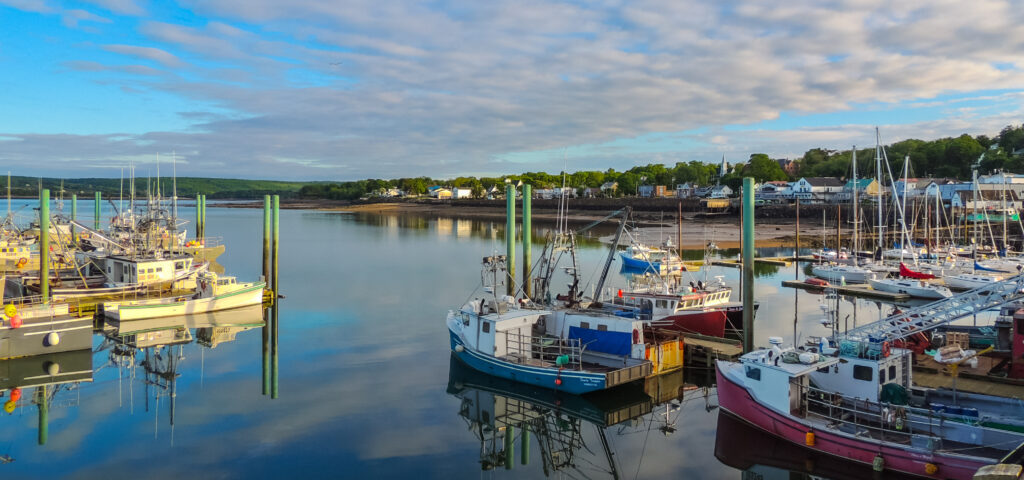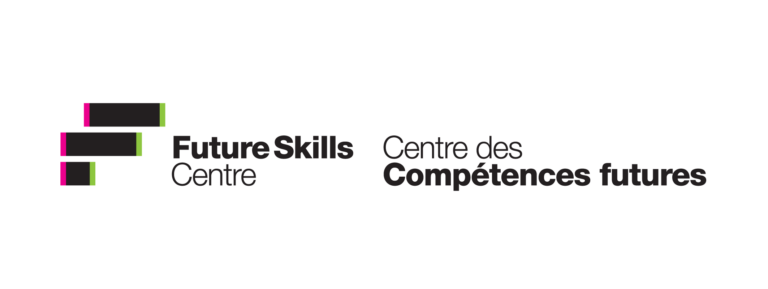Blue Economy
Unlock the Potential of Our Oceans
Harness the power of the Blue Economy for sustainable growth, innovation, and ocean health. Explore the future of marine industries while protecting our planet's most vital ecosystems.
What is the Blue Economy?
The Blue Economy is an emerging global movement that seeks to promote the sustainable use of ocean resources for economic growth, improved livelihoods, and the health of ocean ecosystems. It recognizes the vast potential of the world’s oceans, seas, and coastal areas to drive economic prosperity while ensuring environmental stewardship. From marine renewable energy to sustainable fisheries, the Blue Economy encompasses a wide range of industries that are interconnected with the oceans.
“According to the World Bank, the Blue Economy is the sustainable use of ocean resources for economic growth, improved livelihoods and jobs, and ocean ecosystem health” (Department of fisheries and aquaculture, Blue Economy – regulatory Roadmap). Canada’s blue economy (dfo-mpo.gc.ca)

Why the Blue Economy Matters
As ocean activities increasingly impact marine ecosystems, the need for sustainable practices has never been greater. The Blue Economy presents an opportunity to balance economic growth with the conservation of the world’s oceans. Key benefits include:
- Economic growth: By fostering innovation in ocean-based industries, the Blue Economy supports job creation and new market opportunities.
- Environmental sustainability: Sustainable practices reduce overexploitation and pollution, ensuring long-term viability for marine ecosystems.
- Improved Livelihoods: Coastal and island communities rely heavily on ocean resources. The Blue Economy ensures they can thrive while preserving their cultural and natural heritage.
Key Subsectors of the Blue Economy
Fisheries and Aquaculture
Ensuring sustainable fish stocks and responsible aquaculture practices that meet growing global demand for seafood.
Marine Renewable Energy
Harnessing the power of wind, waves, and tides to provide clean energy and reduce reliance on fossil fuels.
Shipping and Maritime Transport
Promoting eco-friendly shipping practices that reduce carbon emissions and protect marine biodiversity.
Coastal
Tourism
Encouraging responsible tourism practices that protect the beauty and biodiversity of coastal regions while boosting local economies.
Ocean Data and Technology
Using cutting-edge technologies, such as underwater drones and satellite monitoring, to understand and protect the ocean environment.
Offshore Minerals and Resources
Unlocking the Blue Economy’s potential through sustainable innovation, driving growth while safeguarding our oceans and their ecosystems.
Canada’s Sustainable Blue Economy: A Profile of its Relevant Sectors and Labour Force, 2022
Across all those subsectors, some trends exist. These 5 trends are:
- Low ocean literacy and general interest in the oceans sector is a major challenge in Canada.
More oceans education in the K–12 and post-secondary systems and better marketing, communications and collaboration can address this challenge. - By far, the most in-demand skills in the sustainable blue economy (SBE) are related to science, technology, engineering, and mathematics (STEM).
The most in-demand STEM occupations include scientists, data analysts, and engineers. Some of these positions require specialized training for some subsectors, many have transferability from non-ocean-related sectors into the SBE. - Advanced technologies are quickly gaining traction in the SBE.
Technologies that promote remote operations are already commonplace across subsectors making it not always necessary for workers to go offshore. - Affordable housing became less available as Canadians moved to the coasts during the pandemic, putting pressure on an already low housing stock.
This is a new challenge for hiring and retention on the East Coast, and it will be difficult for wages to keep up with the increased cost of living. - While the oceans sector is traditionally very white and male-dominated, new efforts and organizations, including ECO Canada, are ensuring greater equity, diversity, and inclusion in the SBE.
Increasing diversity in the sector can help lead to more innovation and growth.
Other resources
Explore Our Sustainable Blue Economy Designations
Advance your career in the Blue Economy with our tailored certification programs. Whether you’re a seasoned professional or just starting out, our designations—SBEP Specialized, SBEP, and SBEPt—are designed to recognize your expertise and support your growth. Click below to learn more and find the certification that aligns with your experience and career goals.



